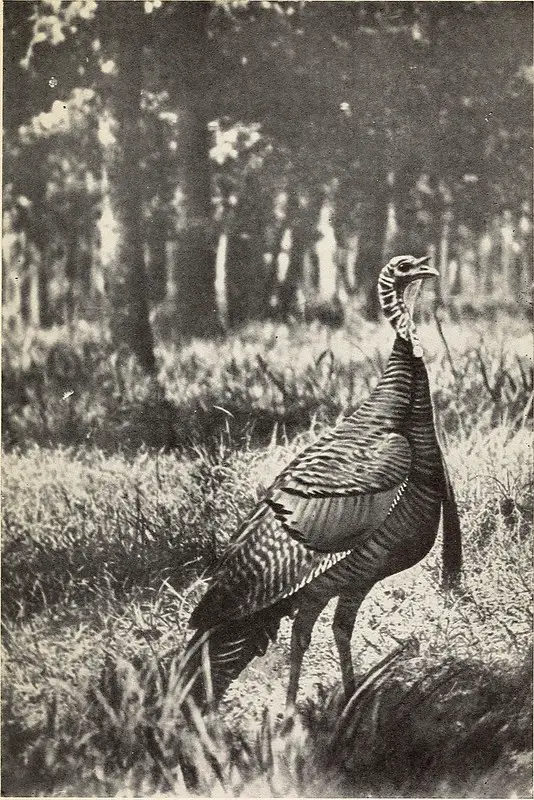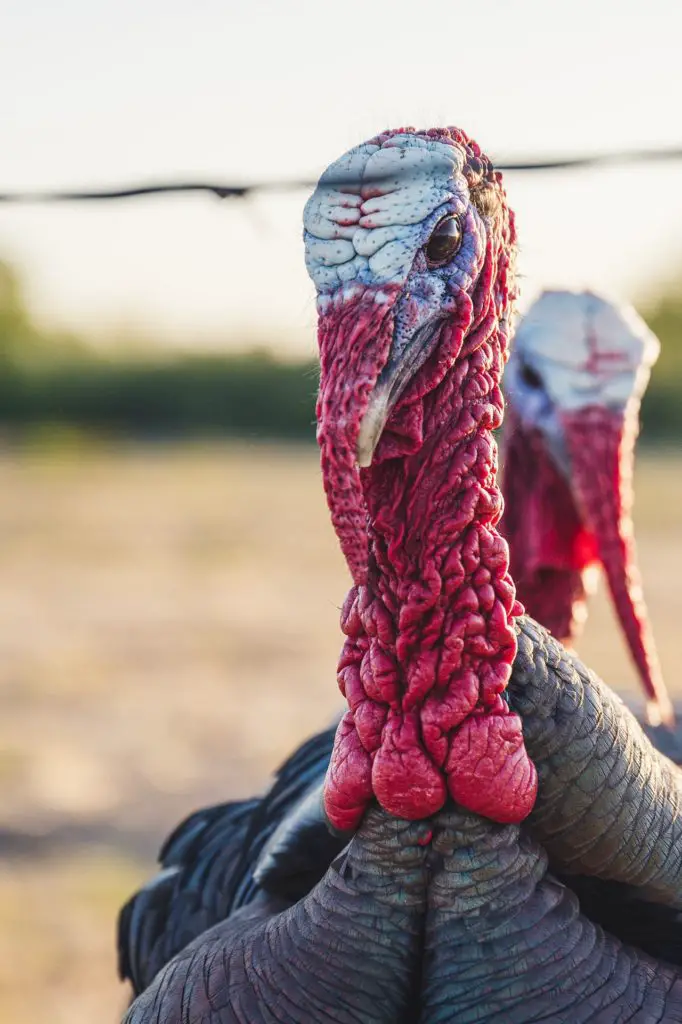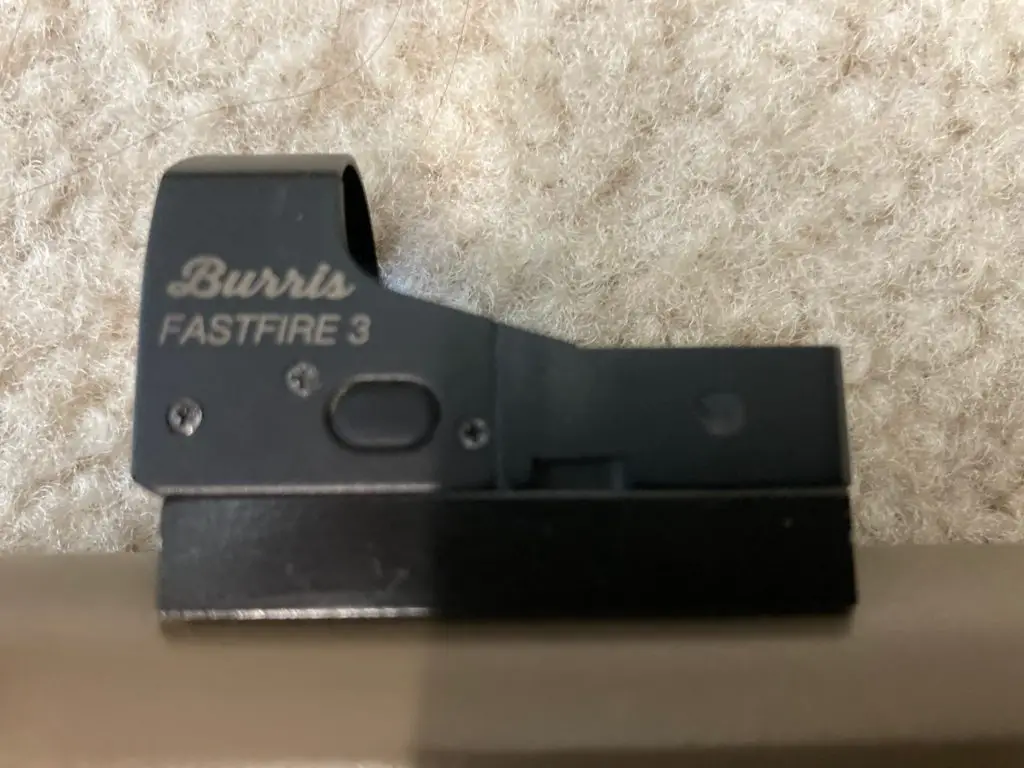
This one time, at band camp…
Ok, ok, we’re not talking about the brass instrument, the trumpet. We’re talking trumpet turkey calls.
A very old design, the trumpet has recently seen renewed interest thanks to hunters like Dave Owens promoting the call on his YouTube channel. Now you will find turkey trumpets selling for hundreds, if not thousands of dollars on Ebay and other sites.
These calls are beautiful, they sound amazing, and you can’t buy them just anywhere. This leaves you with the perfect storm of collectors and hunters seeking out trumpet calls.
If you would like to learn all about these calls, read on as I cover their history, the different components that make up the call, how to use them, and who to buy them from.
History of the Trumpet Turkey Call
While it has grown in popularity in recent years, the trumpet turkey call is not a new design. The Native Americans created trumpets out of wing bones to call in turkeys.
In the late 1800s and early 1900s, Charles Jordan produced and sold the “Jordan Yelper.” Today, a three-part call made from river cane with a wing bone mouthpiece is known as a “Jordan-style Yelper.”
In the early 1900s, Tom Turpin began producing turkey trumpet calls out of wood. He tweaked the original Jordan design to include a modified cork-stop mouthpiece and the “modern” turkey trumpet call was born.
Turpin is a legend in the turkey call-making world. Many techniques of both playing and manufacturing turkey calls are often dubbed “Turpin-style.”
Today, trumpet turkey calls are still not mass-produced. However, there are many gifted call makers who have built upon the legacies of Jordan and Turpin.
Making Trumpet Turkey Calls
Trumpets can be made from a number of different materials. There are also many different designs, but most include a mouthpiece, lip-stopper, and barrel.
As you might imagine, the mouthpiece is where the caller places his or her mouth. It can be made from a variety of materials including acrylic, brass, horn, and bone.
The most important factor of the mouthpiece is the diameter of the hole. Hole size will affect the tone and pitch of the call.
The lip-stopper slides over the mouthpiece and ensures that the caller is placing the call in his or her mouth at the same depth every time. It is usually made from foam, rubber, or wood. On most calls, it can be adjusted so that the call goes in deeper or shallower per the caller’s preference.
The barrel is typically made of dense, hard wood such as cocobolo, osage, snakewood, bocote, ebony, and African Blackwood. The length of the barrel is also important to the pitch of the call.
Many trumpets have a ferrule that connects the mouthpiece to the barrel. It is not entirely necessary but provides a neat look to any trumpet.
Trumpets are known not only for their sounds but also for their beauty. Each trumpet is a work of art.
The process of making trumpet turkey calls can be very tedious. The maker must have a good ear for turkey sounds as well as the eyes and hands of an artist.
How to Use a Trumpet Turkey Call
Most people initially assume that you blow through a trumpet. However, you actually suck air through the call to make noise with it.
There are multiple ways to play trumpet turkey calls. Most people will wear the call on a lanyard.
Some callers elect to use the edge or their third or fourth finger to partially cover the bell opening. This creates back pressure in the call. Other people will stick a finger up into the trumpet hole to create back pressure.
The second hand is cupped over the first hand to create a chamber. By opening and closing the hand, the caller can partially control the pitch of the call.
When you first start to play your trumpet, play it with the lip stop in different positions until you find a depth that is comfortable for you. Most people will pull their lips in over their teeth a bit to play.
Some callers place the trumpet at the center of their mouth while others play out of the side. This is a personal preference you will have to decide for yourself. Certain positions will tickle some people more than others. Certain positions make the caller feel he has more control over his calling with his lips.
To make a sound, draw air in while kind of smacking your lips. Think of muppets kissing.
Most beginners will overplay the call at first. They will suck too hard or keep their lips too tight. Relaxing and drawing in softly will improve your calling.
To cluck, you will draw air in and “pop” it. Some people call it a kissing motion. Yelping will consist of drawing in air and dropping your jaw to form the second note of the yelp.
There are some people who can purr with a trumpet. To do this, build up the saliva on the tip of your tongue. You then draw air over or through the saliva to create the gurgling of the purr.
The following video by Lee Chadwick of Misfire Game Calls will help you visualize the process.
Advantages of Turkey Trumpet Calls
The primary drawback to a turkey trumpet call is the learning curve to play one adequately. There are some accomplished friction or mouth call hunters who spend several years learning to play the trumpet.
However, this time is usually well spent as the trumpet call offers a couple of advantages over other types of calls. The first is the realism it offers. Very few calls sound as genuine as a trumpet in the hands of a good caller.
And while the realism of soft calling on a trumpet is tough to beat, the trumpet may carry farther than any other type of call out there. There are many legends of turkeys being called from a full mile away to the gun barrel of a trumpet-playing hunter.
Because trumpet turkey calls are not as common as other types of calls, they can be very advantageous on public land. When toms have grown weary of the slates and box calls they’ve heard all year, a trumpet might be just the change-up you need to get one in range.
Trumpet turkey calls are also fun to look at. Each trumpet’s unique build gives it character and says something about the maker who produced it and the caller who uses it. A trumpet distinguishes the serious turkey hunter from the casual turkey hunter.
Who Makes the Best Trumpet Turkey Call?
Ask 10 veteran trumpet callers or collectors who makes the best trumpet and you are bound to get 10 different responses. Like muscle cars and beautiful women, determining the best is open to a bit of subjectivity.
But let’s not let that stop of us from naming some of the greats. There are a handful of call makers that most can agree are very, very good. Here is a list of some of these legendary trumpet makers.
L.F. Cox
L.F. “Frank” Cox makes one of the best trumpet turkey calls out there. Collectors covet Cox trumpet calls which have very good resale value.
You can get on his list by calling him at 901-373-4676. Just a warning, it could be a very long wait. This list is quite long.
Billy Buice
Billy Buice has been making trumpet turkey calls for a long time. In fact, he has been considered one of the greatest trumpet call makers for over 40 years.
Buice lives in Canton, GA. He has a waiting list to order one of his trumpets, but you can sometimes buy them on Ebay. Don’t think you’ll get one for cheap online though. His trumpets generally sell for more than 600 dollars on the aftermarket.
Ralph Permar
Ralph Permar won the Tom Turpin Award back-to-back in 2004 and 2005. He won it again in 2008. He was also the recipient of the 2009 Jordan award. Quite the accomplishment.
Permar hails from Pennsylvania. He makes a variety of beautiful, huntable trumpets.
Permar has a website where you can view his work, but you will need to call him at 484-225-3730 to order.
Austy Bott
Winner of the NWTF’s Charles Jordan Award, Austy Bott makes an “adjustable trumpet” call. The pitch on the call can be adjusted by extending the trumpet out.
Bott is a full-time police officer, but you can order one of his calls by emailing him at austyscustomcalls@yahoo.com. Watch WNEP’s story to hear his full story and watch him in action.
Zack Farmer
Reverend Zack Farmer is a retired minister and renowned turkey call maker. He is famous for his raspy style of running a turkey trumpet. He literally wrote a book on calling turkeys with trumpets titled, A Field Guide to Mastering the Wind Instrument for Turkeys.
Farmer no longer takes orders for his calls. If you want one, you will have to buy it on the secondary market. You better have deep pockets though as his calls generally sell for several thousand dollars.
Other Great Turkey Trumpet Call Makers
There are many other call makers who produce excellent trumpet turkey calls. Some to consider are Lee Chadwick of Misfire Game Calls, Kenny Pedelahore, Brian Mero, Anthony Ellis of AGE Trumpets, and William Lester.
Do you own a trumpet? How long did it take you to become proficient? Who is your favorite call maker? Let us know in the comments below.


